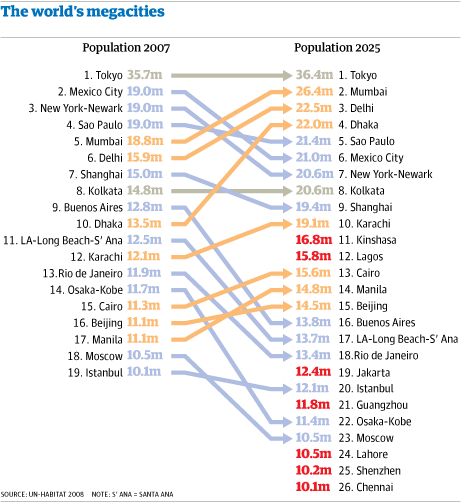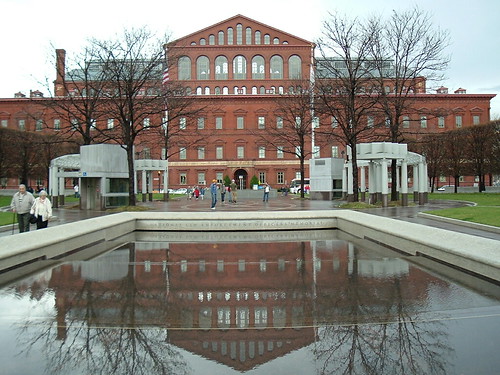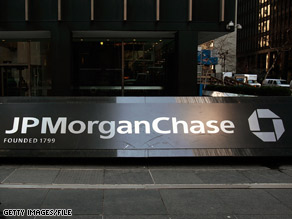 Washington Post | Americans have cut back on buying cars, furniture and clothes in a tough economy, but there's one consumer item that's still enjoying healthy sales: guns. Purchases of firearms and ammunition have risen 8 to 10 percent this year, according to state and federal data. Several variables drive sales, but many dealers, buyers and experts attribute the increase in part to concerns about the economy and fears that if Sen. Barack Obama of Illinois wins the presidency, he will join with fellow Democrats in Congress to enact new gun controls. Obama has said that he believes in an individual right to bear arms but that he also supports "common-sense safety measures."
Washington Post | Americans have cut back on buying cars, furniture and clothes in a tough economy, but there's one consumer item that's still enjoying healthy sales: guns. Purchases of firearms and ammunition have risen 8 to 10 percent this year, according to state and federal data. Several variables drive sales, but many dealers, buyers and experts attribute the increase in part to concerns about the economy and fears that if Sen. Barack Obama of Illinois wins the presidency, he will join with fellow Democrats in Congress to enact new gun controls. Obama has said that he believes in an individual right to bear arms but that he also supports "common-sense safety measures.""Even though [Obama] has a lot going for him, he's not very pro-gun," said Paul Pluff, a spokesman for Massachusetts-based Smith & Wesson, which has reported higher sales. Gun enthusiasts are "going to go out and get [firearms] while they still can."
Gun purchases have also been climbing because of the worsening economy, which fuels fears of crime and civil disorder, industry sources and specialists said.
"Generally, we know that hard economic times always result in firearm sales," said James M. Purtilo of Silver Spring, who publishes the Tripwire Newsletter.
Gary Kleck, a researcher at Florida State University's College of Criminology and Criminal Justice whose work was cited in the District's recent Supreme Court gun-control case, said that although there are no scientific studies linking gun sales and economic conditions, people often buy firearms during periods of uncertainty. People often buy weapons because of concerns about personal safety or government actions to limit access to firearms, causing spikes in sales, Kleck said.


















